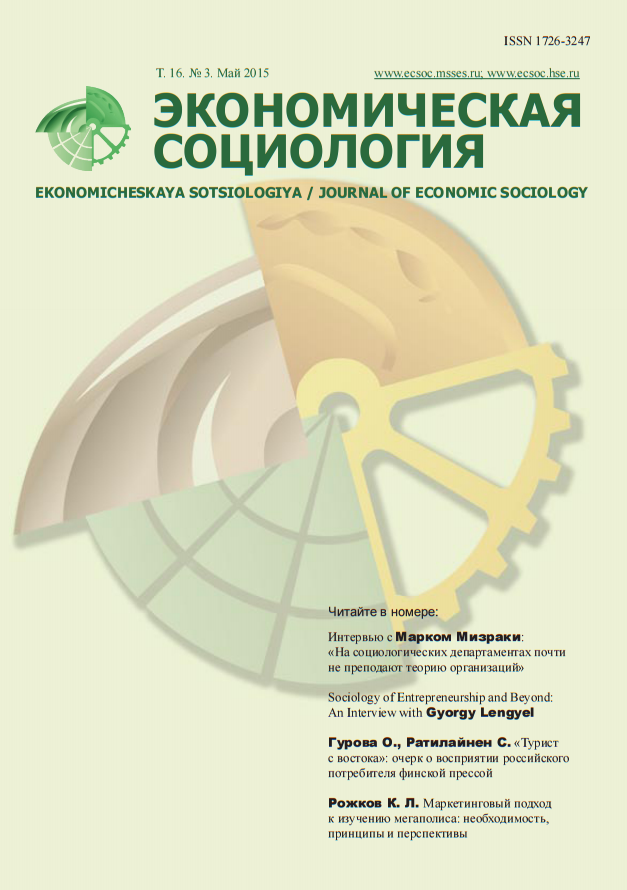Poverty and Shared Prosperity in Russia: Income Dynamics and Social Inequality
XVI April International Academic Conference on Economicand Social Development, April 7–10, 2015, Russia, Moscow
Abstract
The session Poverty and Shared Prosperity in Russia was held on April 8, 2015 at the XVI April International Academic Conference on Economic and Social Development organized by the National Research University Higher School of Economics with support of the World Bank in Moscow. Situated within the broader field of social policy, the session explored the impact of various factors such as non-market income, taxation, institutional context, geographic position, educational level and composition of the labor market on inequality and poverty in Russia. The presented reports were based on the Poverty and Shared Prosperity in Russia project undertaken by the World Bank in partnership with the Higher School of Economics (Russia) and Tulane University (USA) in order to assess how different micro and macro factors can explain the capacity of the bottom 40 percent of the population to contribute to economic growth in the country.The research was conducted using the Commitment to Equity (CEQ) methodological tool developed by Nora Lustig and her team at Tulane University.
The session focused on three aspects of the bottom 40 percent income in Russia which are (1) the role of non-market income and the incidence of the fiscal system; (2) income inequality and the decomposition of the distribution of wages; (3) productivity and sustainability of wage dynamics.
The keynote speakers of the session were Vladimir Gimpelson (HSE), Luis F. López-Calva (World Bank) and Daria Popova (HSE). Irina Denisova (World Bank) and Carolina Sanchez-Paramo (World Bank) acted as lead moderators. The session attracted a wide audience, including Russian and foreign researchers from various academic fields.













